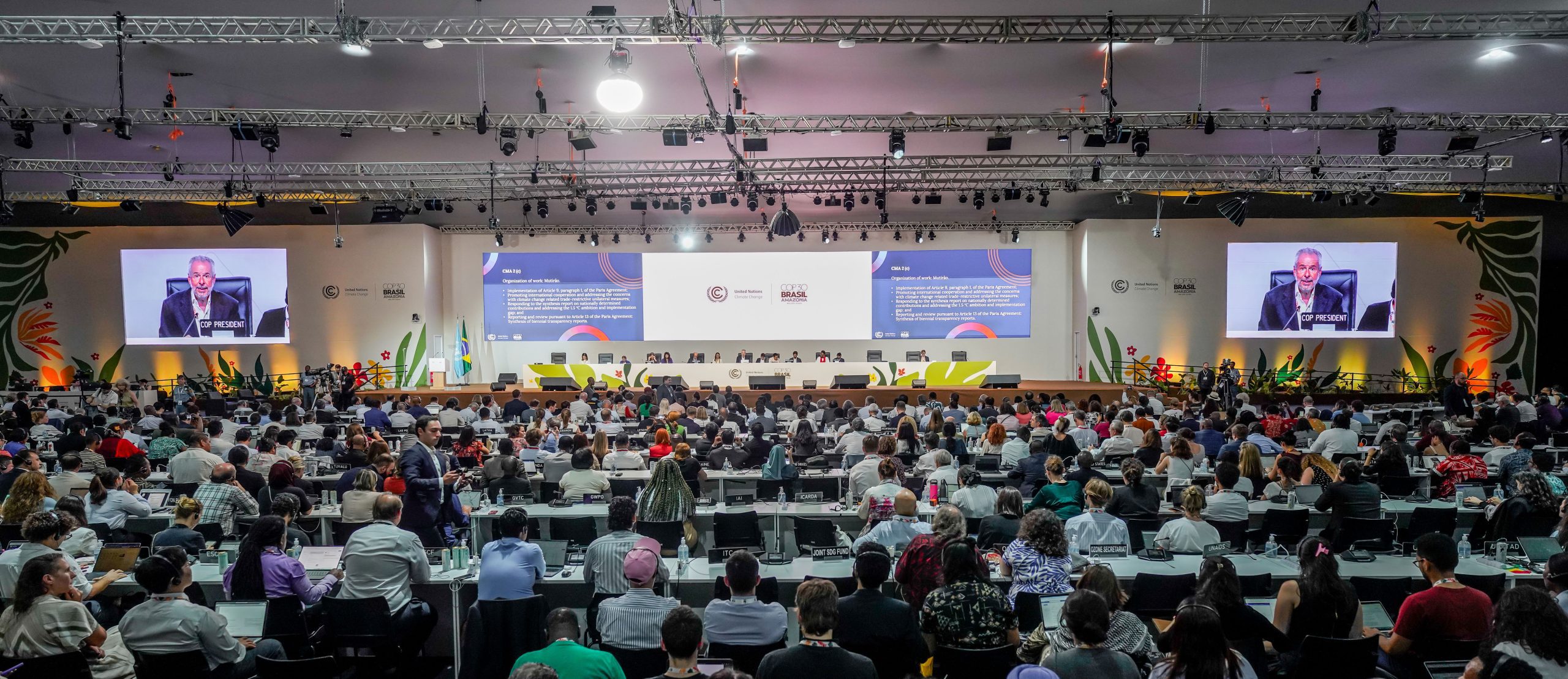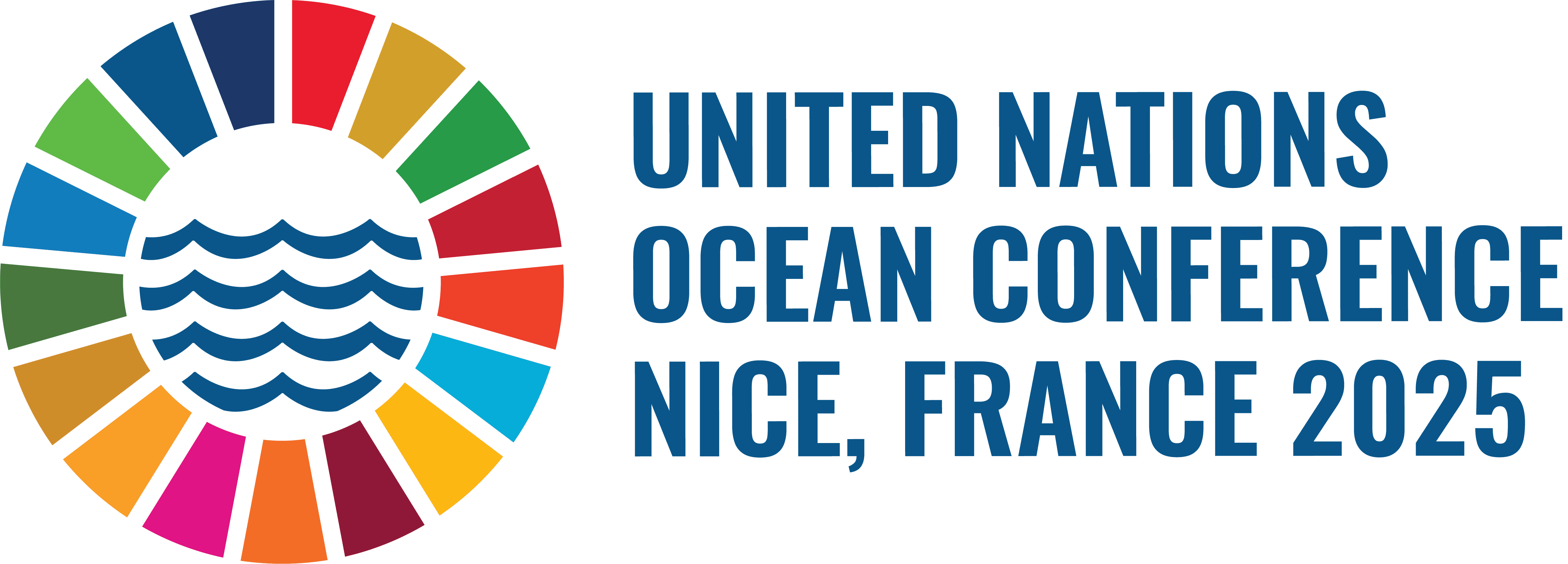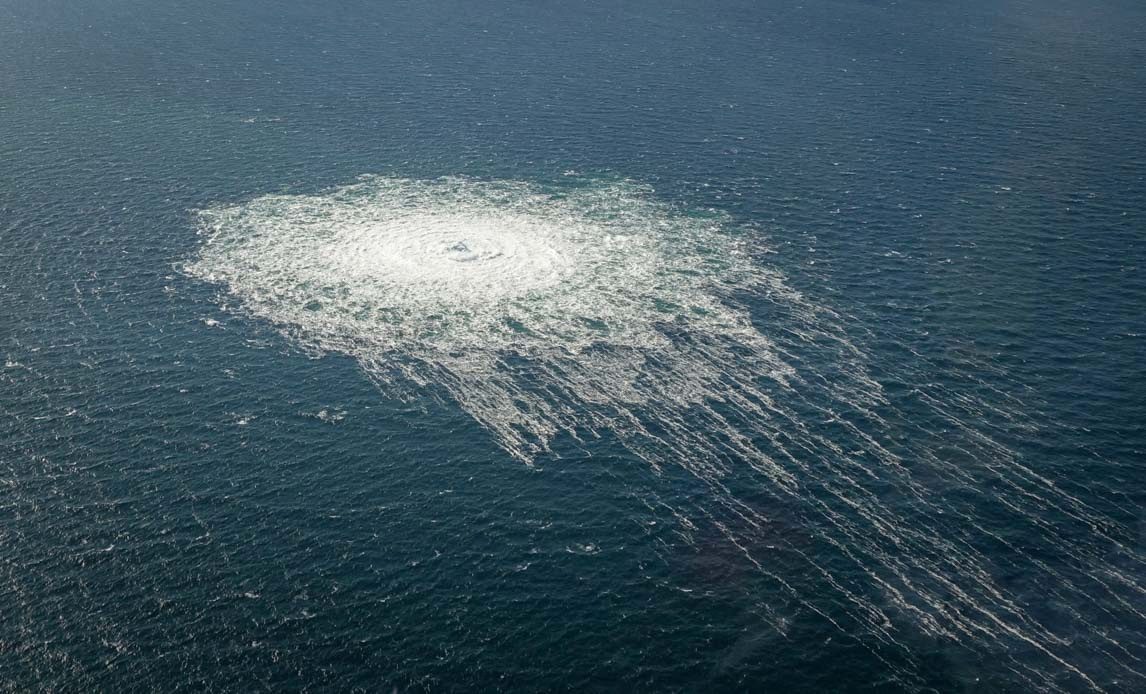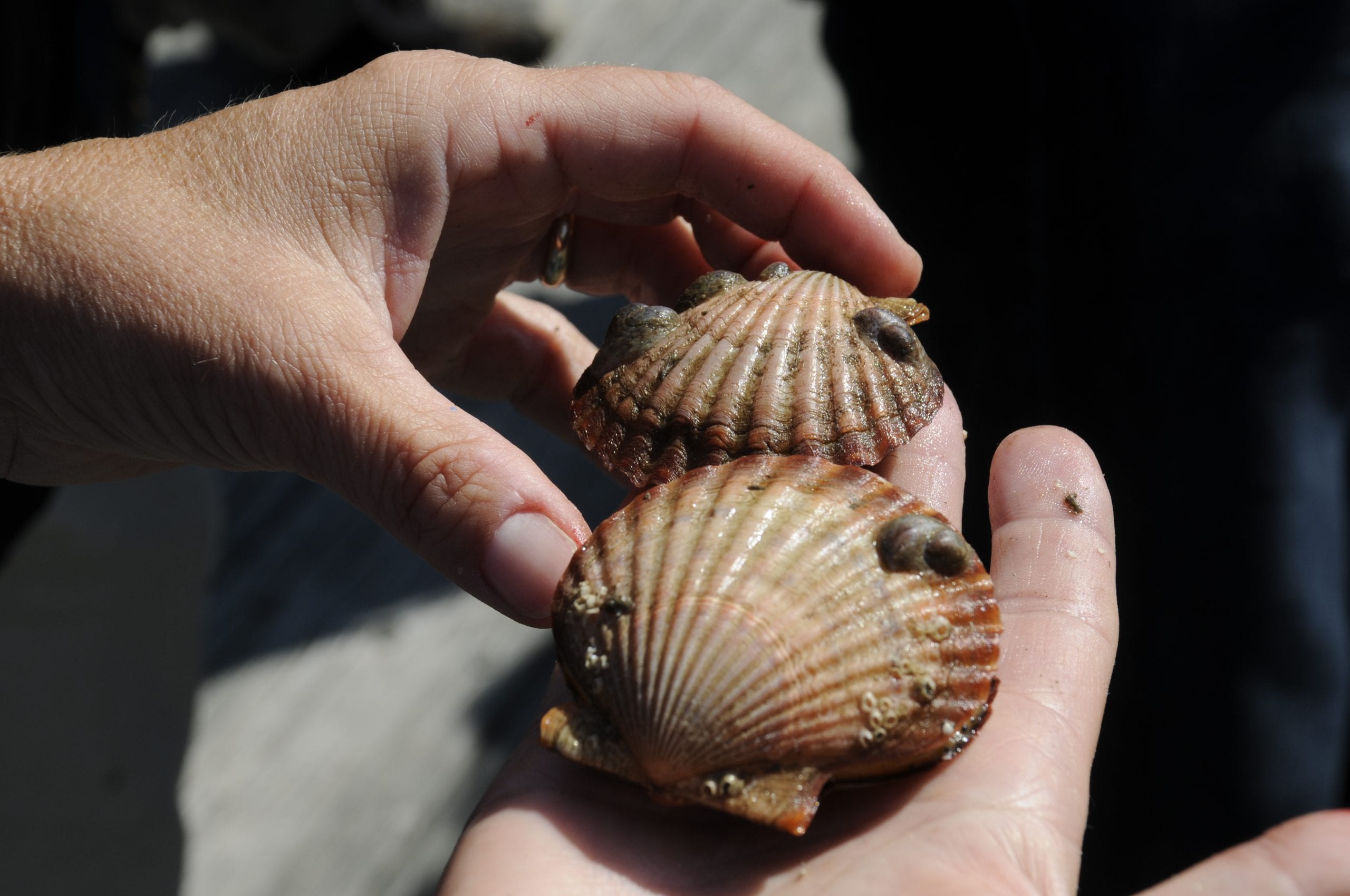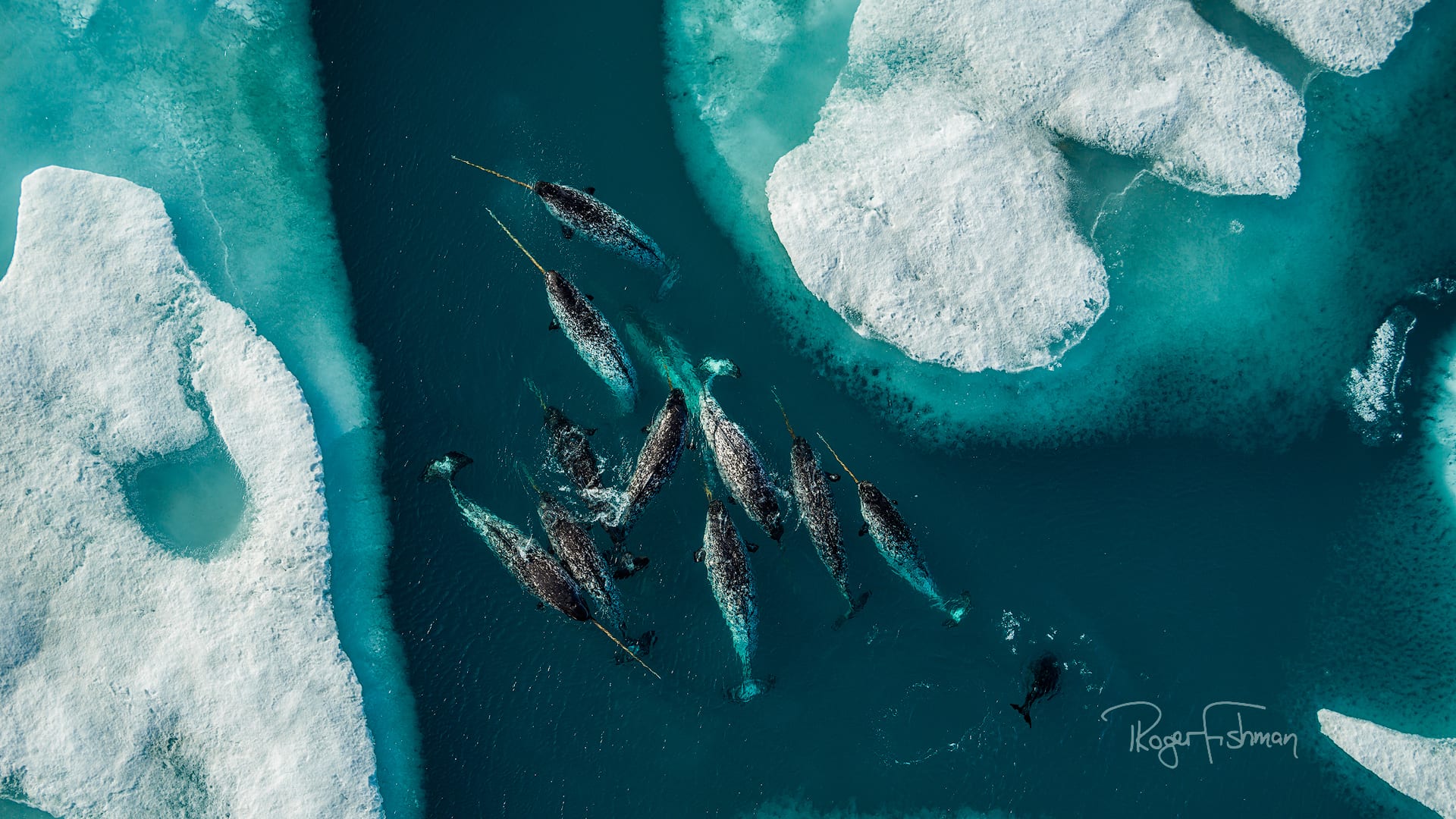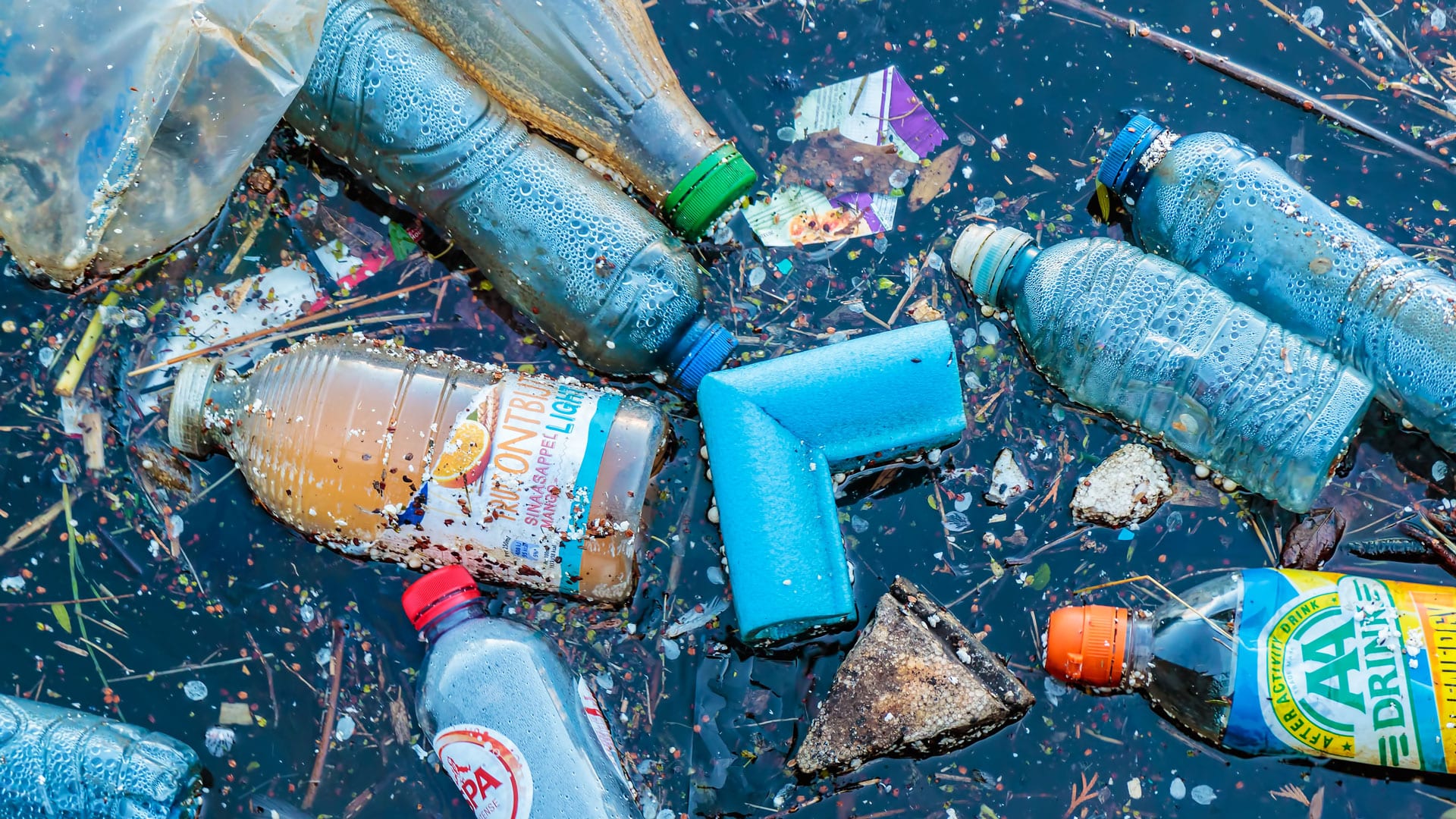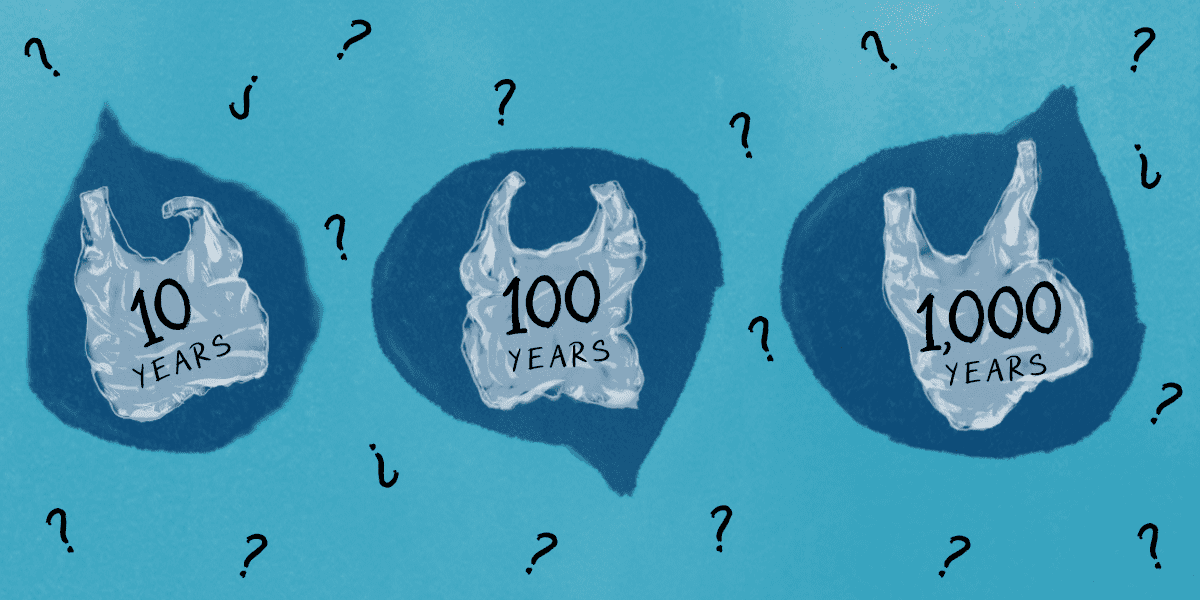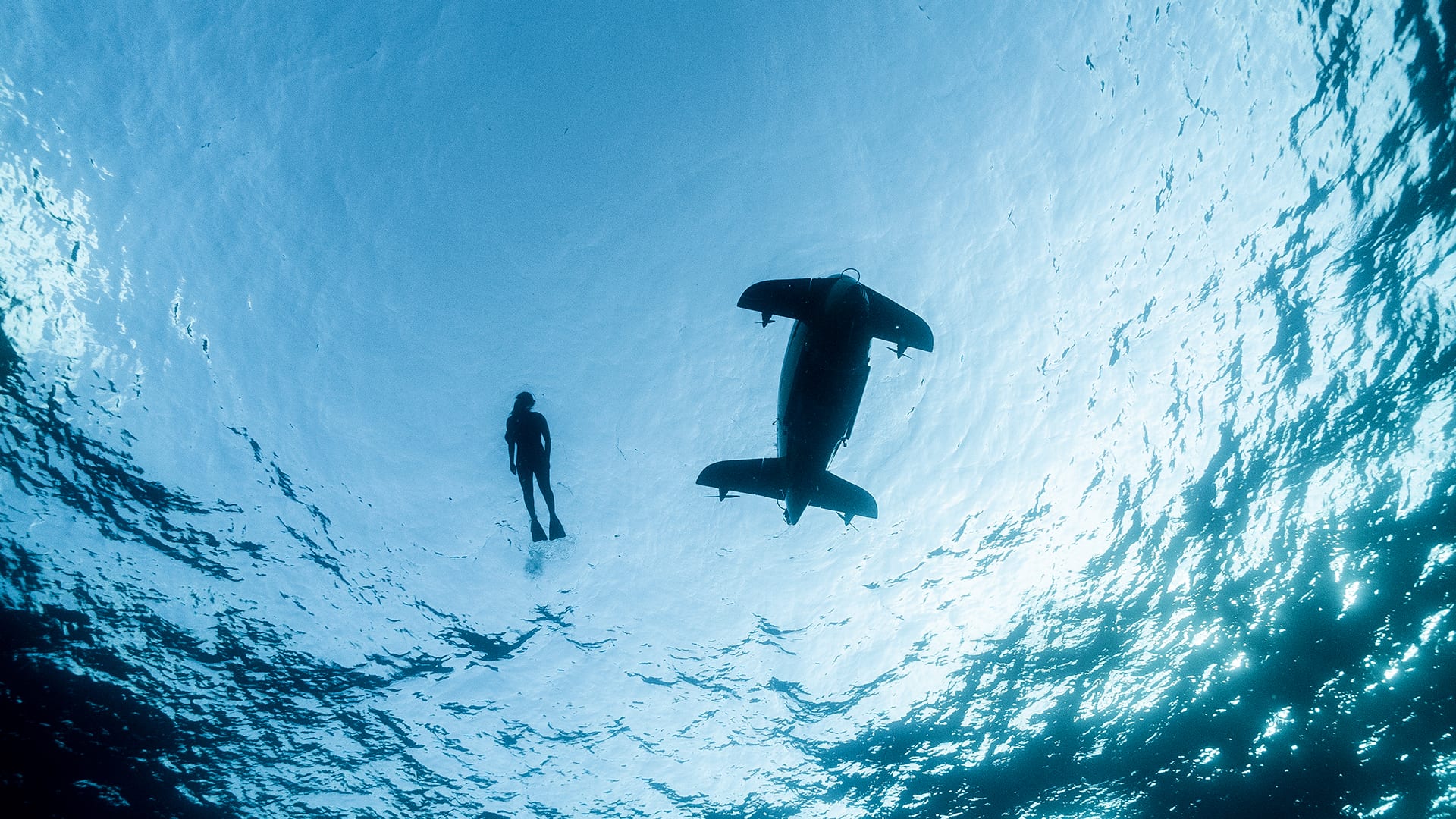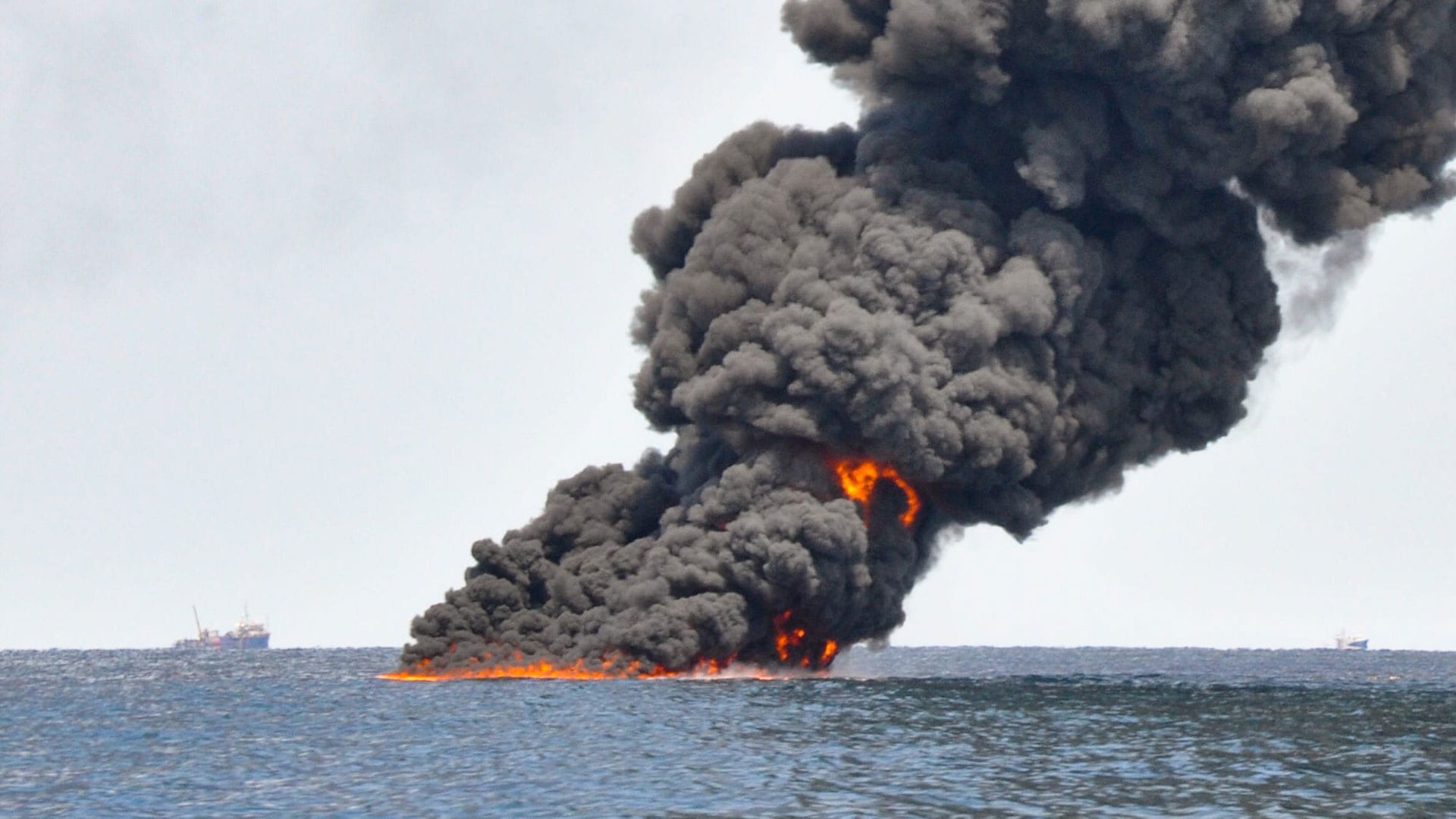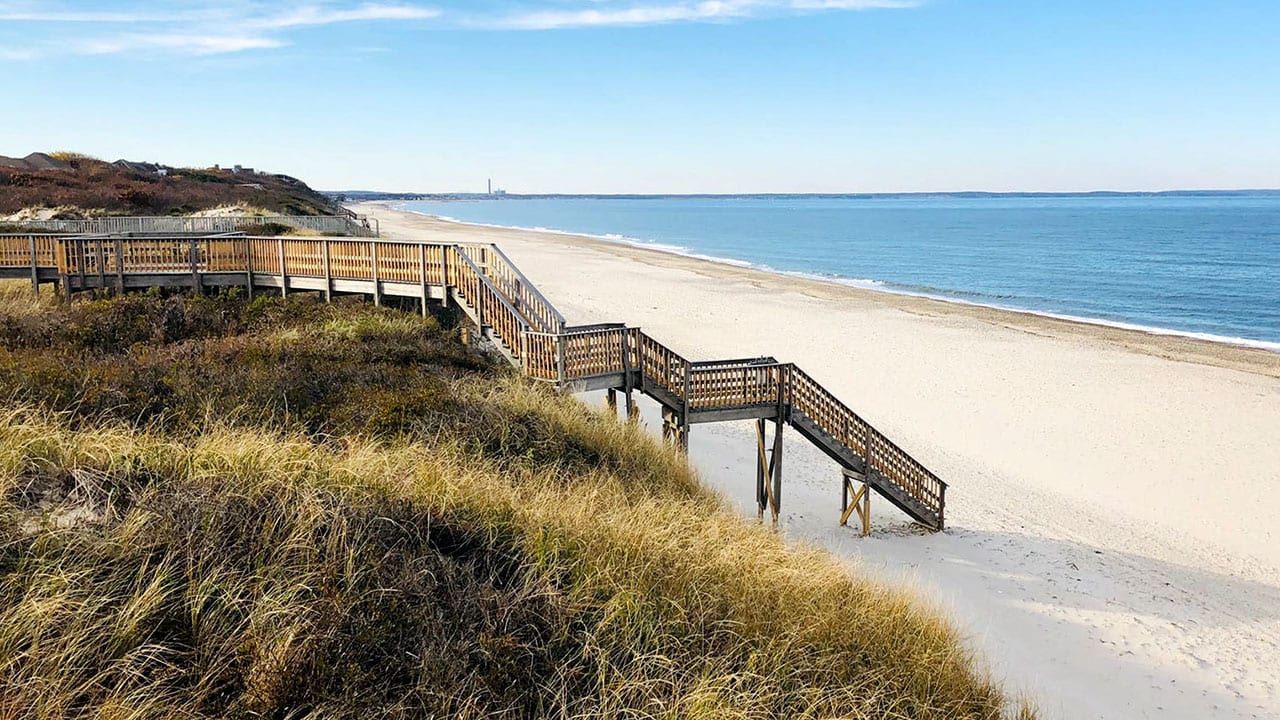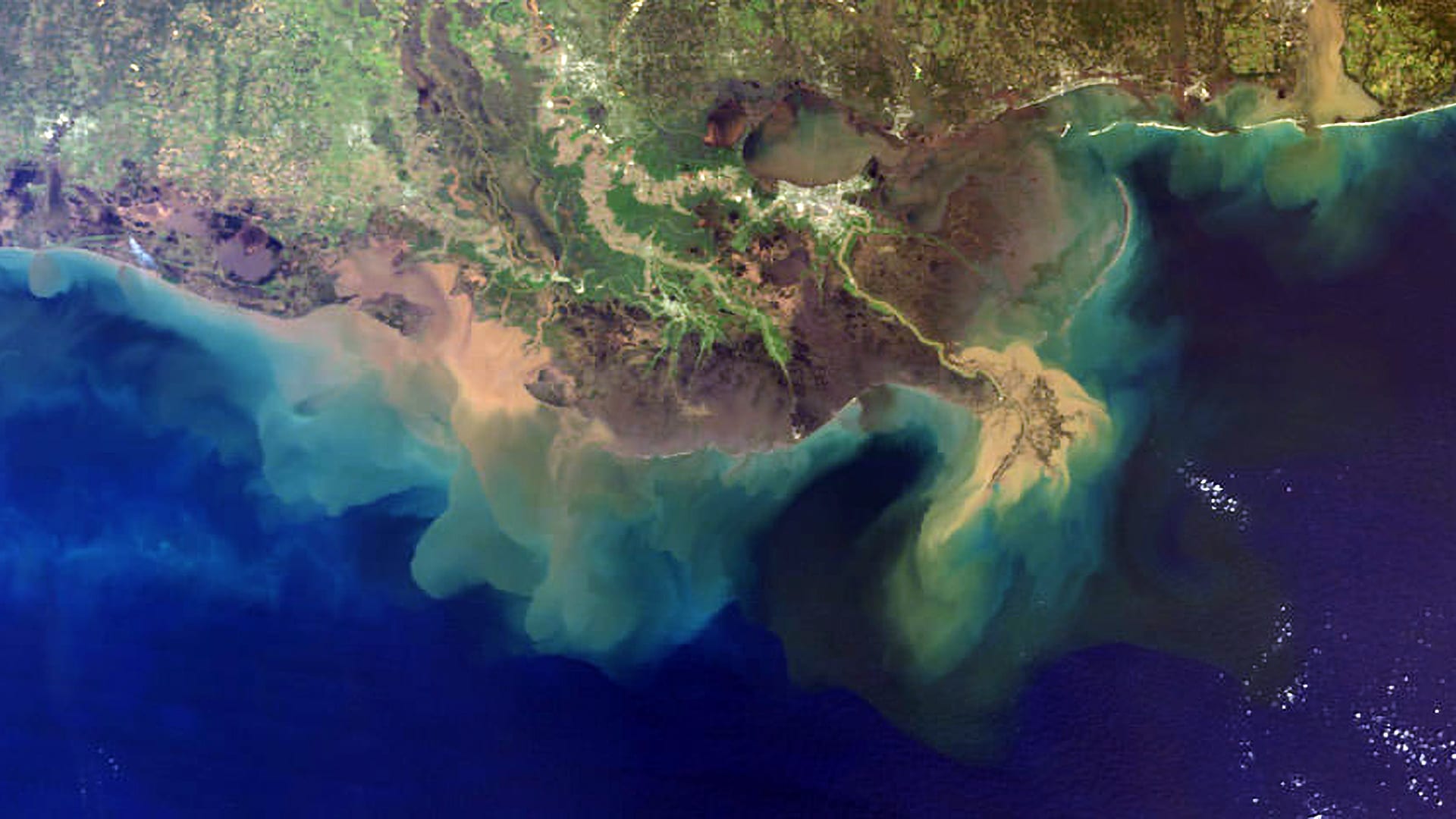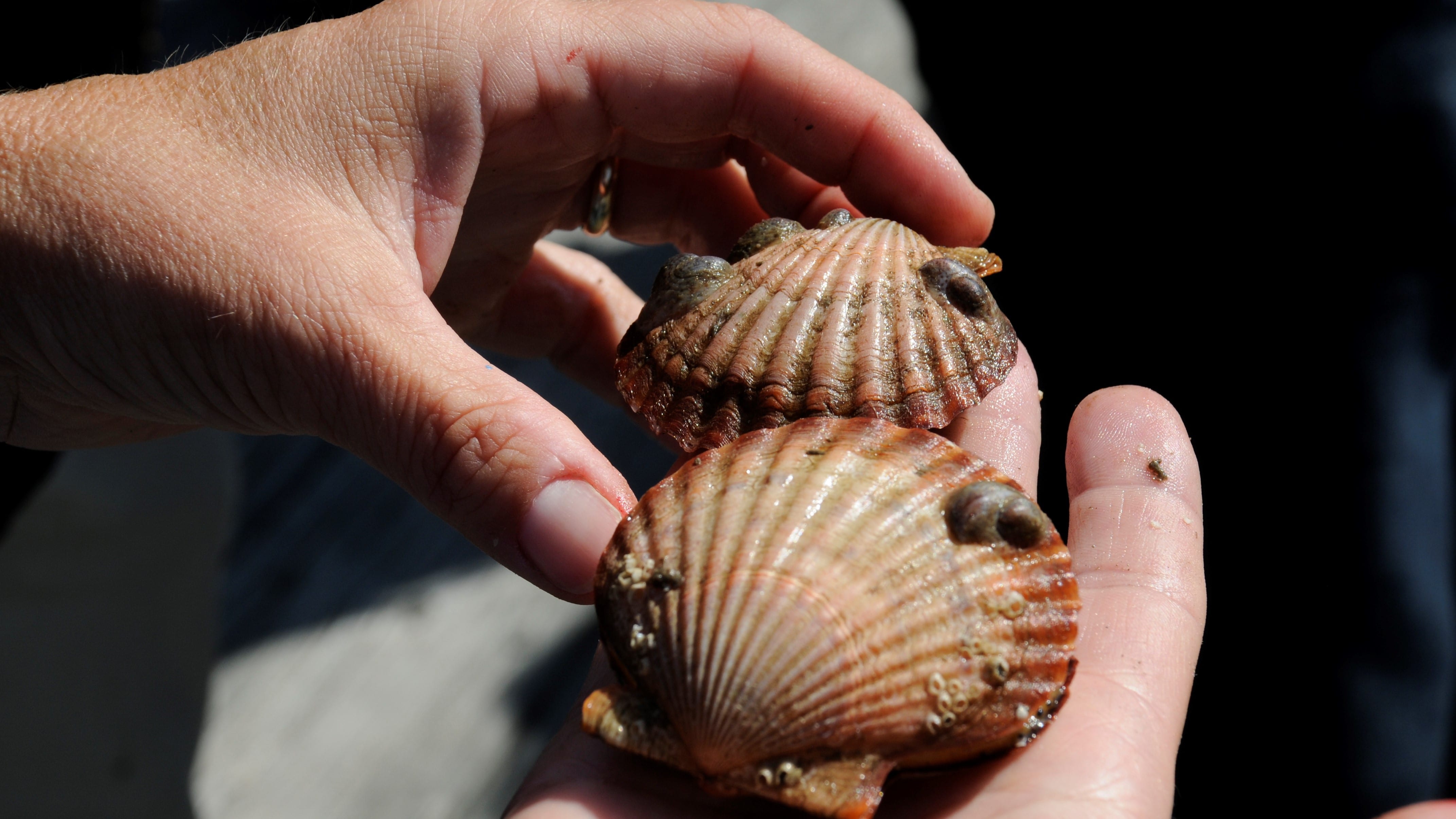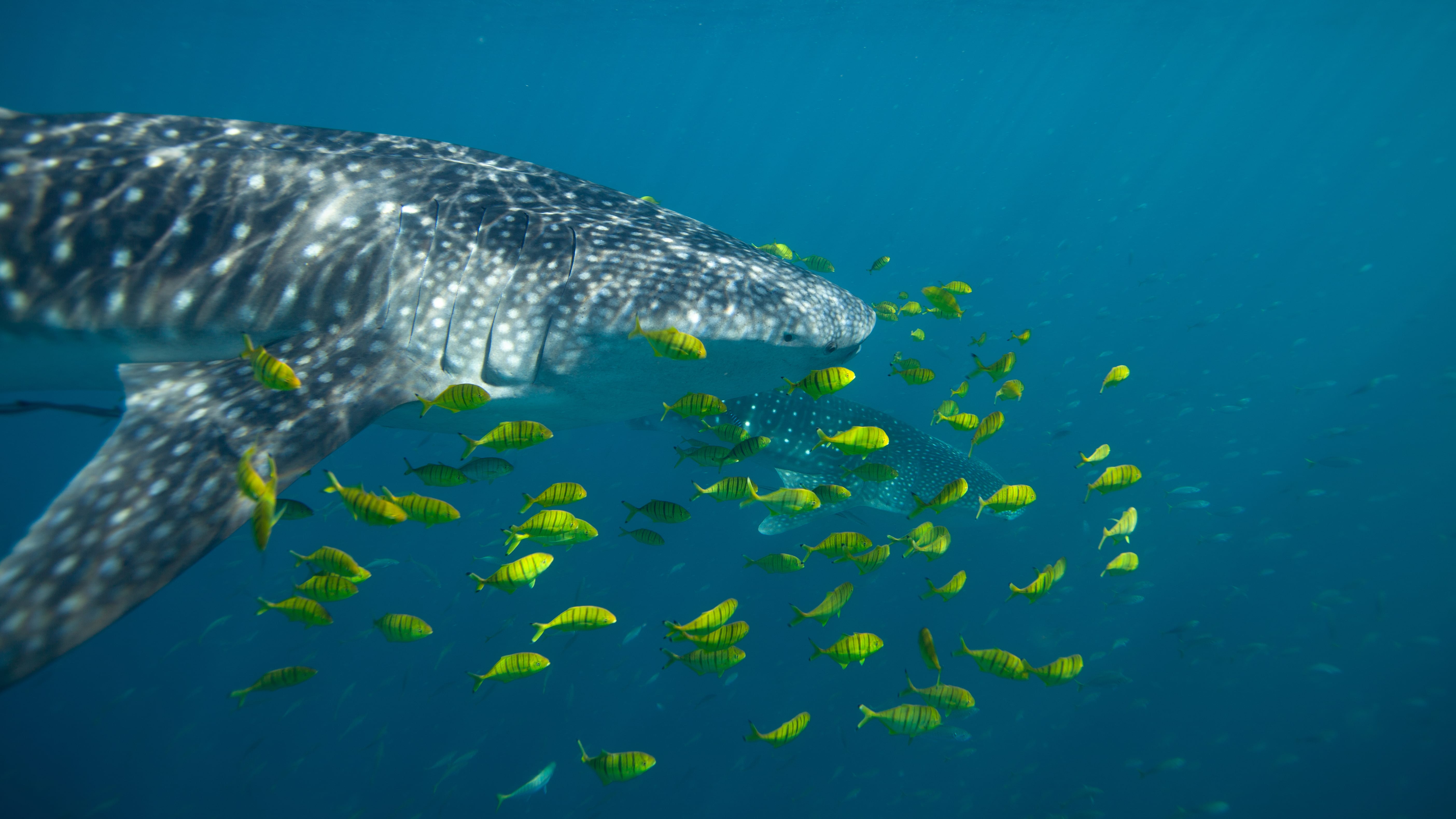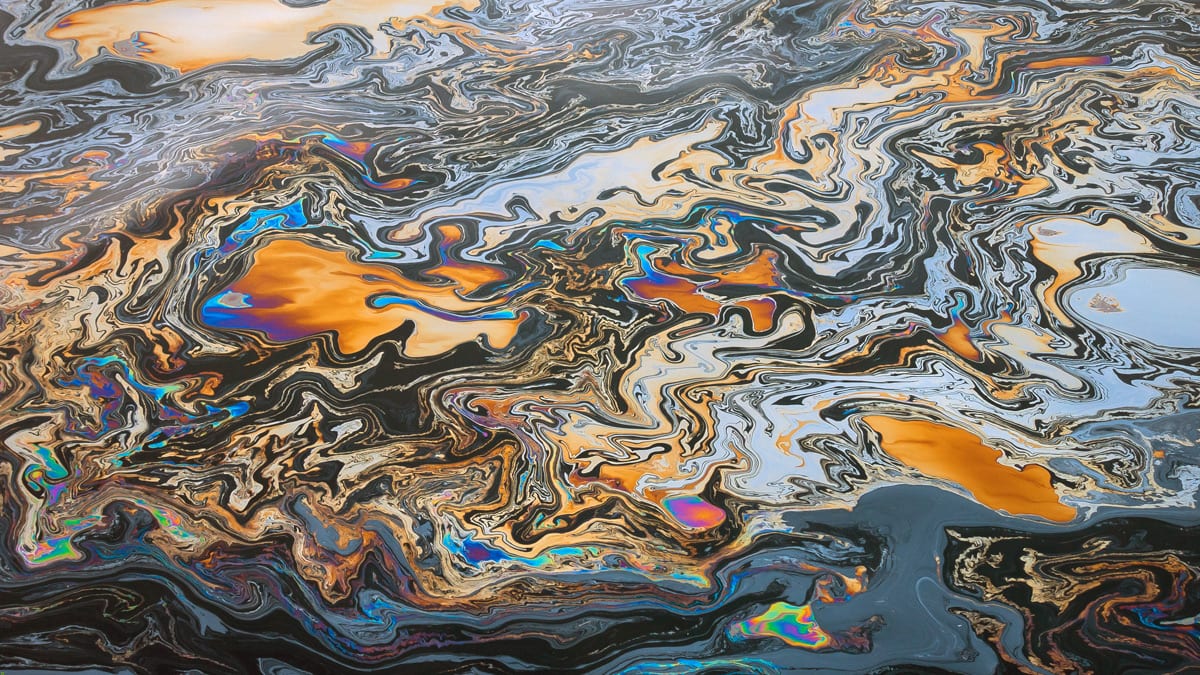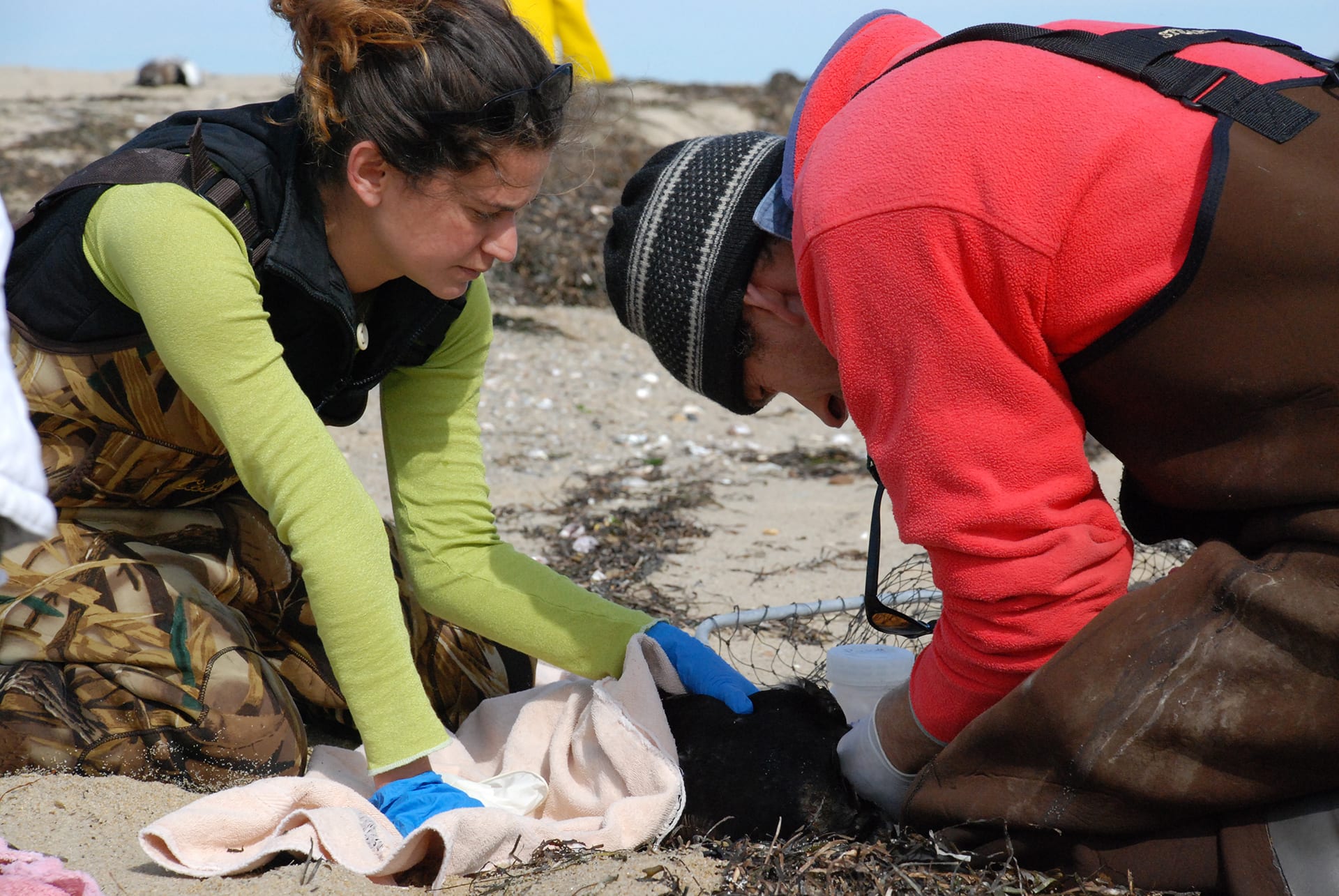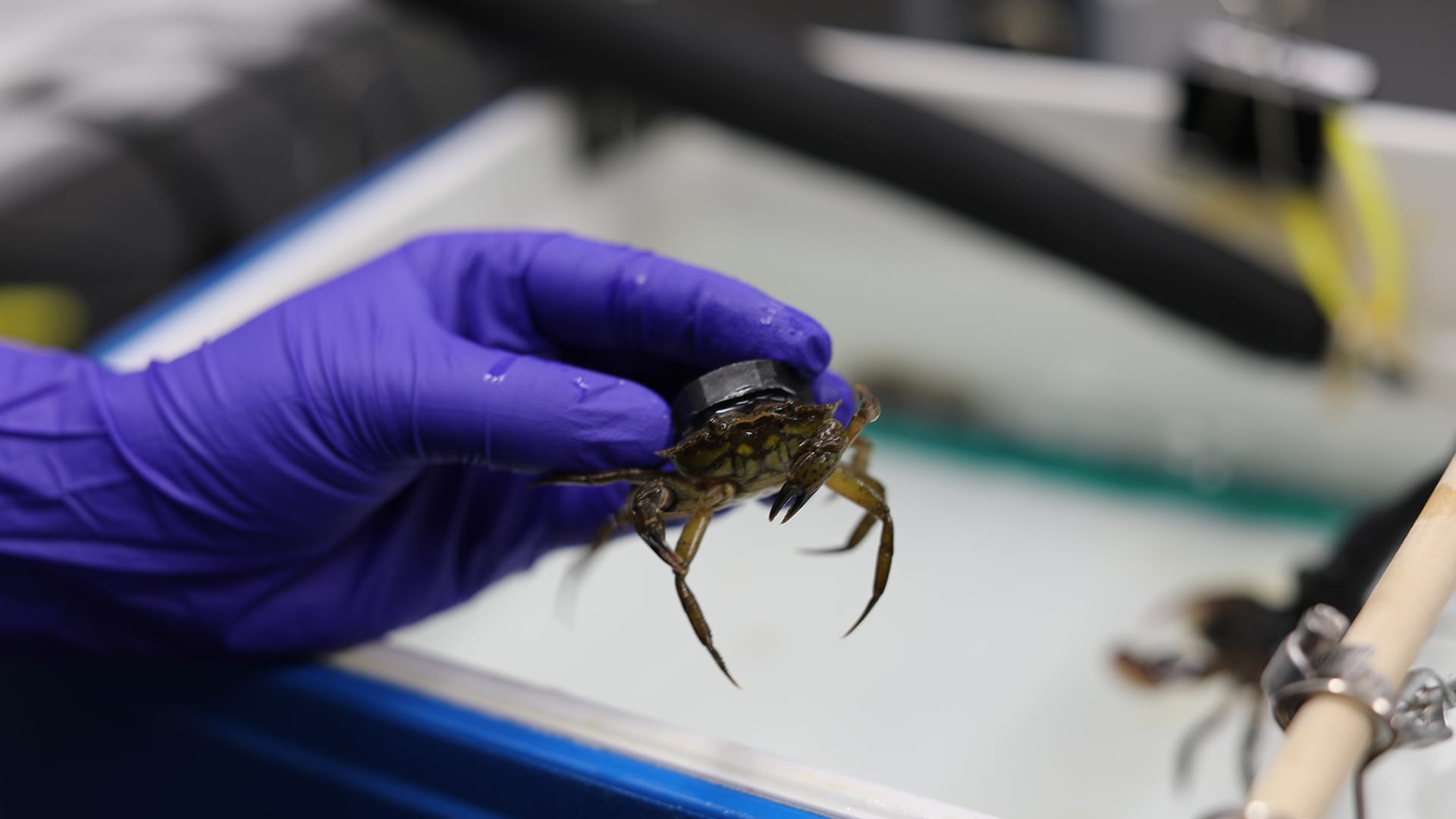News & Insights
COP30 Ocean Pavilion wrap-up
André Corrêa do Lago, the President of COP30, addresses the closing plenary on the final day of negotiations in Belém. Photo by Antonio Scorza/COP30 No matter what anyone says about…
Read MoreWHOI at the UN Ocean Conference—Nice, France
The United Nations Ocean Conference is a pivotal moment to drive international cooperation and collaboration in order to protect our ocean from the many compounding threats it faces today. The…
Read MoreWhat happens to natural gas in the ocean?
WHOI marine chemist Chris Reddy weighs in on a methane leak in the Baltic Sea
Read MoreThe spread of plastics and oil in Sri Lanka from the wreck of M/V X-Press Pearl
On May 20, 2021, the cargo ship M/V X-Press Pearl caught fire off the coast of Sri Lanka. The container ship was carrying 78 metric tons of a material known as plastic nurdles. What happens now?
Read MoreWHOI working to address ocean acidification; protect region’s vital shellfish industry
A new report addresses the impacts of ocean acidification in Massachusetts and New England coastal waters on the region’s vital seafood industry.
Read MoreUnicorns of the Arctic face a new potential threat
Narwhals and other marine mammals could be vulnerable to a new threat we’ve become all too familiar with: COVID-19
Read MoreHow Long Does Plastic Persist in the Ocean?
It can be hard to predict the average lifespan of plastics in the ocean when so many different types exist. WHOI chemists Chris Reddy and Collin Ward are working to simplify these predictions
Read MoreThe many lifetimes of plastics
Infographics strive to give us a sense of how long plastic goods will last in the environment. But is this information reliable? The findings of a new study from WHOI may surprise you.
Read MoreSeven ocean explorers you should know about
June 8th is World Oceans Day, but we’re celebrating the big ole blue all month-long. But, before you post those Cousteau quotes, that inspiring Sylvia Earle documentary, or talk about those neat expeditions by James Cameron, we’d like to present you with five ocean explorers you may not have heard of.
Read MoreForged in fire: WHOI recalls the Deepwater Horizon crisis
It’s been a decade since the explosion of the BP oil rig in the Gulf of Mexico. Frontline WHOI scientists face unprecedented challenges when called to respond to the largest accidental oil spill in history.
Read MoreSummer’s coming: Will Cape Cod beaches be safe?
Beach parking lots across Cape Cod are closed to reduce the spread of COVID-19. As summertime approaches, will the beach crowds that normally show up after Memorial Day will be staying away this year? WHOI microbiologist Amy Apprill weighs in.
Read MoreThe oceans are losing oxygen, and faster than we thought
WHOI scientists weigh in on a new ICUN report highlighting a 2% decline in marine oxygen levels between 1960 and 2010. The loss of oxygen has triggered an expansion of marine dead zones throughout the global ocean that has put marine life and ecosystems in peril.
Read MoreOcean acidification gets a watchful eye in New England aquaculture ‘hot spot’
Shellfish aquaculture is thriving in New England, but future growth in the industry could be stunted as coastal waters in the region become more acidic. Researchers at WHOI have developed a way to link nutrient load reductions to improvements in the health of Buzzards Bay, Massachusetts, which may an important step toward cleaner and less acidic harbors in the Baystate.
Read MoreRed Sea ‘hotspot’ study reveals behaviors of whale sharks
A new study of whale shark movements near a known hotspot in the Red Sea sheds light on their behaviors and could help inform the conservation efforts of the largest known fish, which can reach lengths of 40 feet or more.
Read MoreFifty years later, the West Falmouth oil spill yields lasting contributions to remediation efforts
After 175,000 gallons of oil spilled from a barge that ran aground along West Falmouth Harbor, the contaminant has all but disappeared, save a small marsh inlet that continues to serve as a living laboratory for scientists at Woods Hole Oceanographic Institution.
Read MoreRapid Response at Sea
As sea ice continues to melt in the Arctic and oil exploration expands in the region, the possibility of an oil spill occurring under ice is higher than ever. To help first responders cope with oil trapped under ice, ocean engineers are developing undersea vehicles that can map oil spills to improve situational awareness and decision making during an emergency.
Read MoreGlobal Oceans and the Extinction Crisis
WHOI marine biologists Michael Moore and Andrea Bogomolni weigh in on a new United Nations science report suggesting that over one million species are at risk of extinction.
Read MoreSeeing Green (crabs)
A scientist explores how one of the world’s most resilient invasive species has adapted to new environments
Read More
